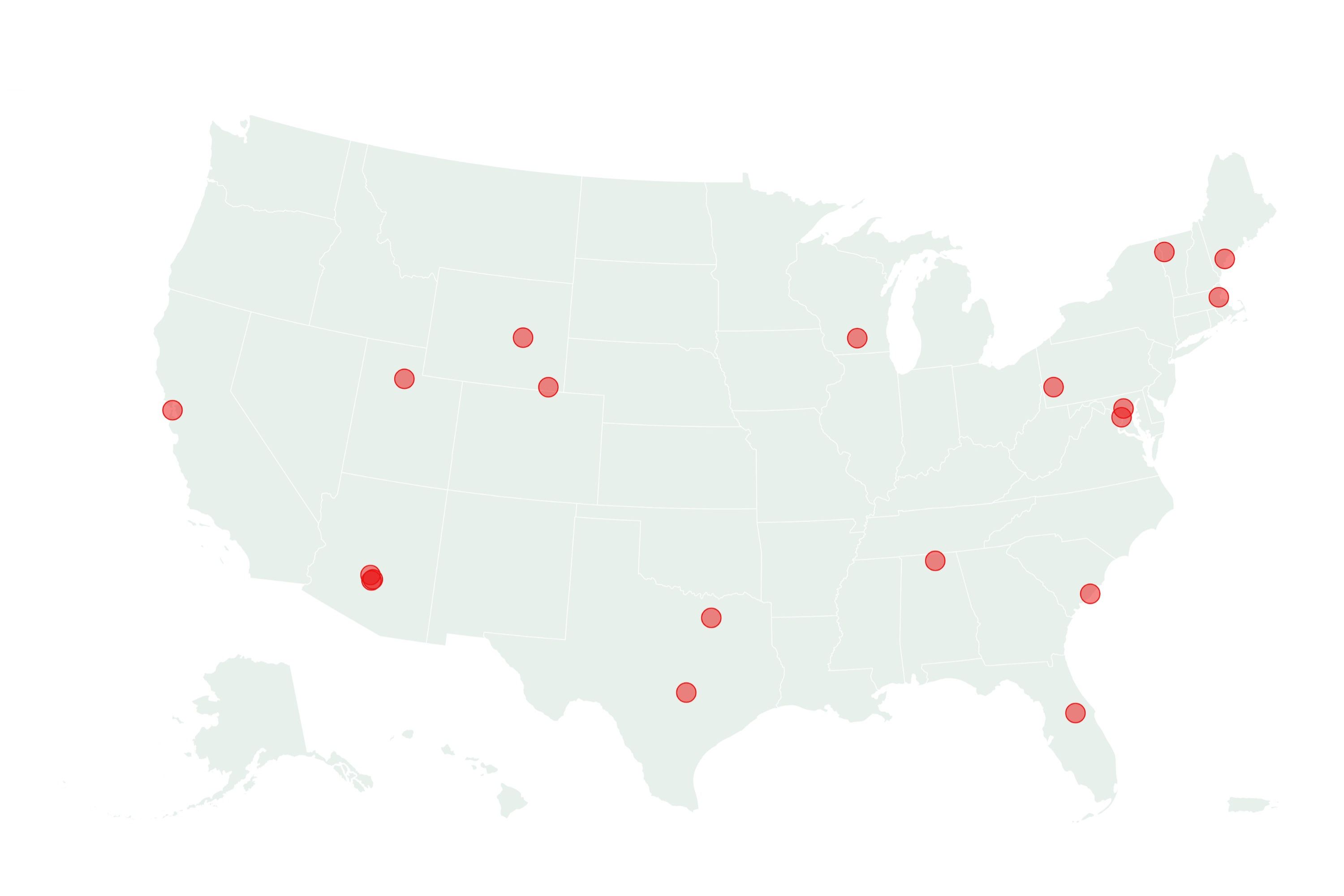World
Biden unveils US$150 million funding in ‘moonshot’ to battle cancer

US President Joe Biden announced on Tuesday he is putting US$150 million in new federal funding towards developing technology to better help surgeons successfully remove cancerous tumours.
The award, which Biden touted during a visit to New Orleans, is the latest infusion of cash in Biden’s “Cancer Moonshot”, a programme spearheaded by the president and the first lady that aims to reduce the US cancer death rate by at least half by 2047.
“There’s still more to do but we know we can do it,” Biden said, underscoring the importance of sharing data and information to fundamentally change the fight against cancer.
Nearly 2 million Americans are newly diagnosed with solid tumour cancers each year and surgical removal is often the first step in their treatment, the White House said.
Next-generation microscopes and imaging technology hope to make these surgeries more effective, reducing the need for repeat surgeries and decreasing the damage to healthy tissue, ultimately saving and extending lives, the White House said.
In its first two years, the administration has invested more than US$400 million to fast-track progress on how to prevent, detect and treat cancer, the White House said.
The eight award recipients include Dartmouth College, Johns Hopkins University, and the University of Washington, according to the White House.
Renee Wegrzyn, the head of ARPA-H, said an additional tranche of funding would likely be disbursed this winter for more research.
Biden spoke on the campus of Tulane University, where his daughter Ashley studied cultural anthropology. He quipped that it was good to be back at the university and not have to pay tuition.
Tulane President Michael Fitts said the university would receive about US$23 million of the US$140 million announced Tuesday. The technology would revolutionise cancer surgery, he said, because it would allow surgeons to see if any surrounding tissue was cancerous and remove it before closing the wound.









